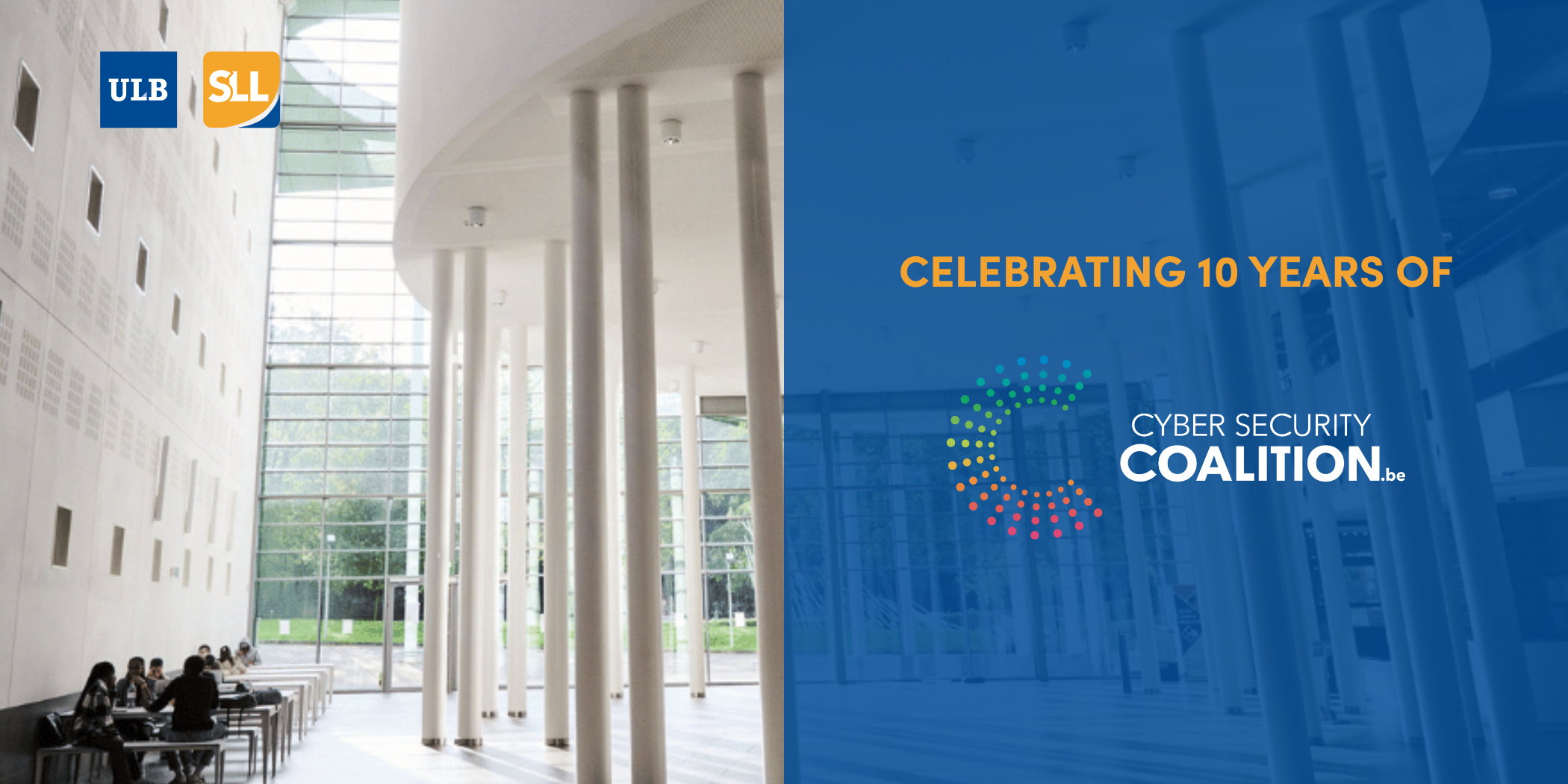Learn more about us.
Navigating the Waters of Risk and Reputation Management: 8 Key Takeaways from Solvay Brussels School’s Experts

Marianna Rousaki |Author
Marianna is the Content & Social Media Coordinator at Solvay Brussels School - Lifelong Learning.

Stay connected
Never miss the latest insights, blogs and news. Subscribe to our newsletter.
In today's interconnected world, where information spreads at the speed of light, managing risk and reputation has become more challenging than ever before. Our recent Risk & Reputation Management event on the 26th of September, in collaboration with Solvay Schools Alumni, shed light on the intricacies of this critical aspect of business and leadership. The insights outlined below resulted from the fruitful exchanges between our Academic Directors Pierre Poncelet, François Bailly, and Thierry Bouckaert, and our esteemed guest Sophie Eyckerman.
Communicating as a Risk
One of the key takeaways from the event was the acknowledgement that communication itself is a risk in the modern age. The age-old adage, "To live happily, let's live hidden," no longer holds. With nearly everyone carrying a cell phone in their pocket, anyone can capture events or actions at any moment. This increased visibility heightens the potential for reputational risks.
Preparation is Key
While we can't avoid reputational risk entirely, the event emphasised that we can prepare for it. Managing risk, above all else, involves anticipating potential risks that may affect the organisation. This preparation includes stakeholder mapping and the continuous building of reputation through effective communication and consistent follow-through.
The Value of a Good Reputation & Reputation Building
A good reputation was likened to a big mattress that provides cushioning during times of crisis. Building a positive reputation before a crisis occurs is paramount, as it can make a world of difference when adversity strikes. At the same time, it’s important to realise that reputation is not something static - it is continually shaped by the decisions and actions taken daily, which is also why employees were highlighted as crucial ambassadors of a company. On the other side of this coin, leveraging external (read: neutral) voices is just as important in the equation: those may cast a positive light on a company or organisation, and also rectify misinformation – a phenomenon more common than ever before.
Proactive Communication
Consistently engaging with vital stakeholders—such as customers, employees, suppliers, financial institutions, and investors—stands as a highly recommended and proactive approach. This ongoing communication not only fosters a deep sense of understanding but also cultivates trust, a priceless asset that becomes essential when confronting unforeseen crises.
Transparency During a Crisis
In the event of a reputational crisis, the unanimous sentiment shared at the event underscored the paramount importance of honesty and transparency. It was widely acknowledged that promptly admitting mistakes and embarking on a path of concrete action to address the issue and steer the organisation in a positive direction is not only an ethical choice but also a strategic imperative. This proactive approach stands in stark contrast to the potential consequences of being branded as dishonest, a perception that, once etched in the public consciousness, becomes considerably more challenging to rectify.
Considering Framing & Empathy Through the Mirror
Effective communication demands thoughtful framing, a practice that recognises the need for tailored messaging based on the audience and geographical context. It's crucial to understand that the same message may require a nuanced presentation when targeting diverse stakeholders.
To enhance the efficacy of communication, experts at the event recommended employing the 'Mirror' technique. This method encourages communicators to empathetically step into the perspectives of different interlocutors, enabling them to anticipate how the message will be received and perceived. By doing so, one can ensure that their communication resonates more effectively across various audiences.
Transversal Crisis Management & SMEs
A recurring theme throughout the evening was the acknowledgement that a crisis affects the entire organisation and should be managed holistically, spanning all departments. Meanwhile, the event also addressed the unique challenges faced by Small and Medium-sized Enterprises (SMEs). In SMEs, the CEO often has a more direct role in crisis management due to fewer resources for delegation. However, the unity and cohesion of the team can still be a significant asset for resilience.
Politics and Reputation Management
Lastly, we delved into the unique trials that confront politicians in today's era of continuous public scrutiny. For politicians, evading the relentless spotlight is nearly impossible. Traditional political communication techniques, such as storytelling with its archetypal elements of heroes, villains, and saviours, were emphasised as potent tools, but vastly dated at the same time: these narratives, while influential, can be subject to careful deconstruction and scrutiny in the age of information.
Want to have more information, and in-depth training in Reputation and Risk Management? Leverage the indispensable insight of our experts in class:
Stay connected
Never miss the latest insights, blogs and news. Subscribe to our newsletter.

Newsletter subscription
Never miss the latest insights, blogs and news
Subscribe to our newsletter and never miss the latest insights, events and blogs.
What other people like
Related blogs
Our Editorial Team brings you the latest in blog posts covering business, finance, sustainability, and programme insights from Solvay Lifelong Learning!
20/10/25

Georges is lecturer and Academic Director of Cybersecurity Management at Solvay Brussels School, Vice-President of the Cybersecurity Coalition and Advisor at Ataya Partners.
1/10/25
Georges Ataya is a professor at Solvay Brussels School, partner at Ataya & Partners and vice-president and co-founder of the Belgian cybersecurity coalition. Louis de Diesbach is a consultant at BCG and a technical ethicist.
4/11/24


